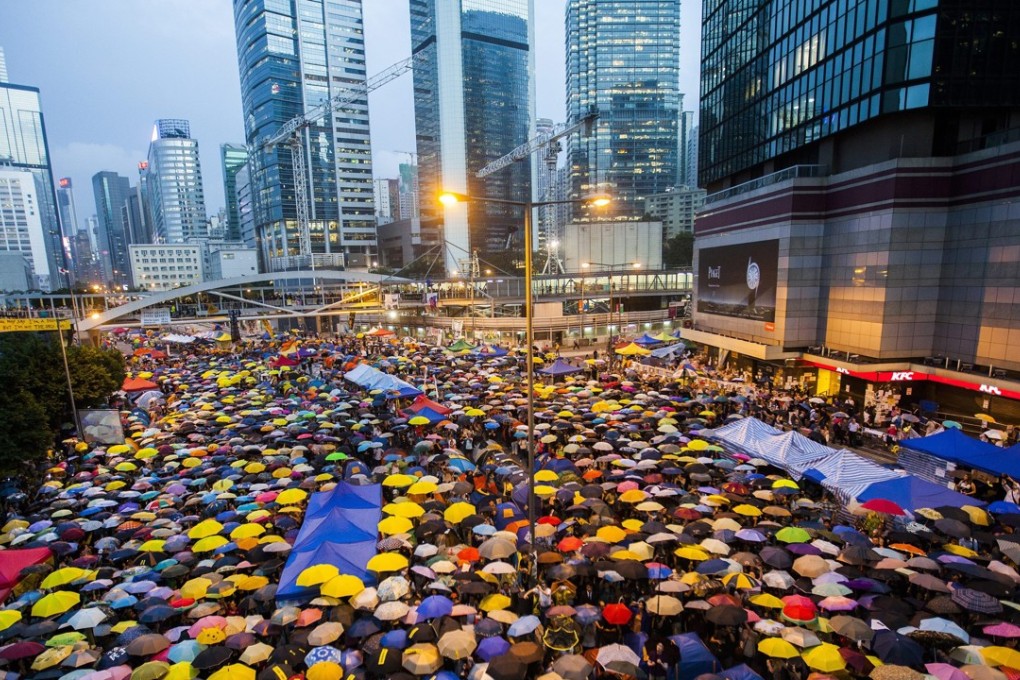Like father, like son: Xi Jinping’s Occupy challenge in Hong Kong similar to father’s experience 30 years before
In 1983, Xi Zhongxun reassured residents fearful of Beijing’s plan to reclaim sovereignty of Hong Kong that nothing would ‘upset the prosperity and stability’ of the city

Three decades before Chinese President Xi Jinping had to reckon with the outpouring of anger during the 2014 Occupy movement, his father had to grapple with another Hong Kong crisis.
It was mid-May 1983, when Xi Zhongxun, vice-chairman of the National People’s Congress Standing Committee (NPCSC), was locked in a three-hour meeting with 19 Hong Kong politicians at the Great Hall of the People in Beijing. Before them was the question of how to pacify a Hong Kong public fearful of Beijing’s plan to reclaim sovereignty of the British colony in 1997.
Xi the elder struck a reassuring tone, pledging that Beijing would handle the issue “with great care” and nothing would be said or done “to upset the prosperity and stability of Hong Kong”.
Back then, anxieties among Hongkongers ran deep. The headline of a South China Morning Post report of that meeting captured the mood: Confidence Nosedive Fear Over 1997. Today, the unease lingers. The Basic Law, the framework for governing Hong Kong, is in place and has assured the city of prosperity and stability but it remains a source of uncertainty and, for some, grave trepidation.
Based on the Sino-British Joint Declaration, sealed by paramount leader Deng Xiaoping and then British Prime Minister Margaret Thatcher in 1984, the drafting committee spent four years and eight months before coming up with the document in 1990. Under it, Hong Kong exercises the “one country, two systems” principle and keeps its capitalism model distinct from the socialist regime. Its freedoms and human rights standards, unprotected in the mainland, are to be preserved.